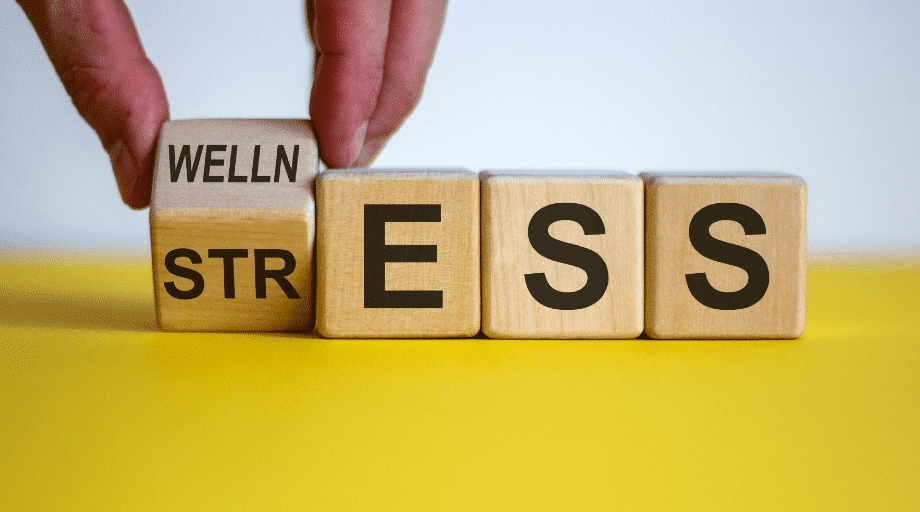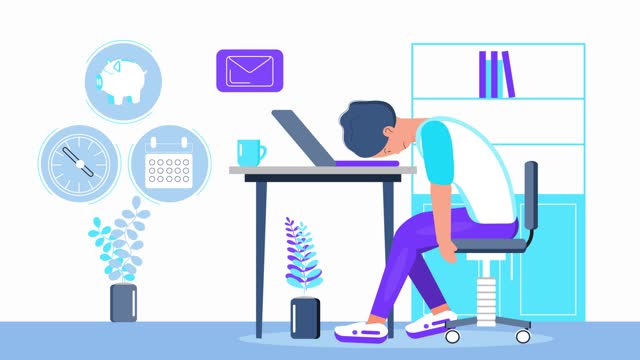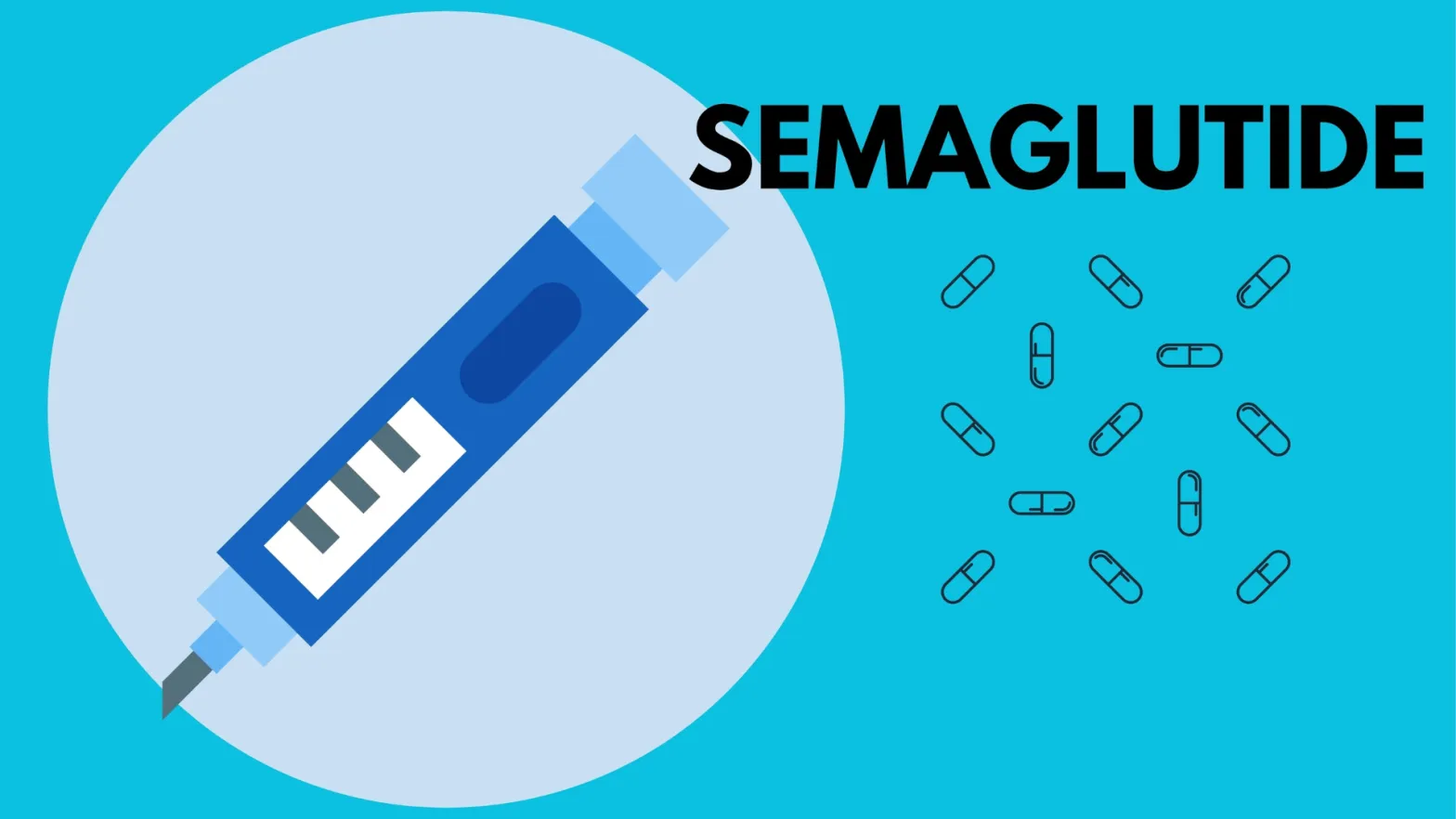How to Handle Your Stress in Healthy Ways
According to the American Psychological Association, a bitter election season, political unrest and violence, a shaky economy, and COVID-19 related issues have affected the stress levels of Americans. In fact, 84% of adults reported feeling at least one emotion associated with prolonged stress. The most common were feelings of anxiety (47%), sadness (44%), and anger (39%). Furthermore, 2 in 3 adults (67%) said the number of issues America is facing is overwhelming to them.
Stress serves an important purpose—it enables us to respond quickly to threats and avoid danger. However, lengthy exposure to stress may lead to mental health difficulties (for example, anxiety and depression) or increased physical health problems. A large body of research suggests that increased stress levels interfere with your ability to deal with physical illness. While no one can avoid all stress, you can work to handle it in healthy ways that increase your potential to recover.
- Eat and drink to optimize your health. Some people try to reduce stress by drinking high caffeine beverages, drinking alcohol or eating too much. These actions may seem to help in the moment, but actually may add to stress in the long run. Alcohol increases cortisol levels and alters brain chemistry in a manner that can increase anxiety several hours up to a day after drinking and cause weight gain. Substitute caffeine or alcohol for water and herbal teas like lavender or chamomile. Eat a well-balanced diet, that includes protein for sustained energy, leafy greens, vegetables and fruit for important vitamins and minerals that support recovery and counteract the effects of high stress on the body and mind.
- Avoid caffeine which can compound the effects of stress by increasing cortisol levels in the body, which elevated anxiety, weight gain and heart disease.
- Exercise regularly. In addition to having physical health benefits, exercise has been shown to be a powerful stress reliever. Aerobic exercise has been shown to release endorphins—natural substances that help you feel better and maintain a positive attitude. Even a 10-15min walk outside can help combat stress. Try two or three mini-walks throughout the day to help manage stress and increase well-being. Yoga can be very restorative to both mind and body to help manage daily stress.
- Stop using tobacco and nicotine products. People who use nicotine often refer to it as a stress reliever. However, nicotine actually places more stress on the body by reducing blood flow and breathing.
- Study and practice relaxation techniques. Taking the time to relax every day helps to manage stress and to protect the body from the effects of stress. Try deep breathing, imagery, progressive muscle relaxation, and mindfulness meditation. There are many online and smart phone apps that provide guidance on these techniques.
- Reduce triggers of stress. If you are like most people, your life may be filled with too many demands and too little time. For the most part, these demands are ones we have chosen. You can free up time by practicing time-management skills like asking for help when it’s appropriate, setting priorities, pacing yourself, and reserving time to take care of yourself.
- Examine your values and live by them. The more your actions reflect your beliefs, the better you will feel, no matter how busy your life is. Use your values when choosing your activities.
- Assert yourself. It’s okay to say “No” to demands on your time and energy that will place too much stress on you. You don’t have always have to meet the expectations of others.
- Set realistic goals and expectations. It’s okay—and healthy—to realize you cannot be 100% successful at everything all at once. Be mindful of the things you can control and work on accepting the things that you can’t control.
- Sell yourself to yourself. When you’re feeling overwhelmed, remind yourself of what you do well. Have a healthy sense of self-esteem.
- During periods of high stress, the ability of humans to respond to stress can be influenced by nutritional status. Consider types of nutraceuticals that are directly applicable to stress formulations. At Pandya Medical Center, our Primary Care Physicians recommend the following supplements. It is always important to talk to your doctor before starting a new routine. The team at Pandya Medical Center is here to help improve your physical and mental well-being. At Pandya Medical Center, our providers focus on preventative medicine as a tool to manage your health and are committed to providing evidence-based interventions to prevent or manage chronic health conditions.
B-Complex Vitamins
Vitamin B1 can protect against functional exhaustion, improves memory and brain function; pantothenic acid (B5) supports production of adrenal hormones associated with stress. Vitamin B3 is essential to stabilize mood and maintain nerve health. Vitamin B9 (folate) supports brain function and improves mood. Vitamin B12 is essential for brain function and development as well as helps regulate mood and sleep.
(Physician Recommendation: https://pandyamedicalcenter.square.site/product/methyl-b12-60ct/6?cs=true&cst=custom)
Phosphatidylserine
Phosphatidylserine (PS) can blunt the release of cortisol—the “stress hormone”—in response to exercise stress and in some cases, improved mood.
Serene Calm is a product offered at Pandya Medical Center to help with stress and anxiety.
(Physician Recommendation: https://pandyamedicalcenter.square.site/product/serencalm-90ct/64?cs=true&cst=custom
L-Theanine
The amino acid L-theanine has been shown to increase both serotonin and dopamine production and possibly gamma amino butyric acid (GABA).
Evidence from human electroencephalograph (EEG) studies show that it also significantly increases brain activity in the alpha frequency band, which indicates that it relaxes the mind without inducing drowsiness. Some studies have shown that supplementation with L-theanine resulted in a reduction in some physiological indicators of stress within 15 minutes, suppressed the initial stress response of students, and significantly reduced anxiety and reduced the blood-pressure increase in high-stress-response adults.
(Physician Recommendation: https://pandyamedicalcenter.square.site/product/l-theanine-60ct/39?cs=true&cst=custom
Apocynum Venetum
Apocynum venetum is an herbal remedy with a long history of use in Traditional Chinese Medicine for soothing the nerves, and for other purposes. In a double-blind, randomized trial, individuals with mild depression and symptoms of anxiety were treated with Apocynum venetum leaf extract or placebo at different times over 8 weeks. Researchers found that after 8 weeks of treatment, subjects showed a significant decrease in depression scores, and had significant improvements in anxiety.
GABA
GABA is the primary neurotransmitter in the central nervous system for exerting anti-anxiety effects. The effect of GABA on relaxation and stress in humans has been widely researched, showing that it significantly increased relaxing alpha waves.
Ashwagandha
Ashwagan(Withania somnifera) is an adaptogenic herb historically used in Asia for treating stress-related health conditions. Supplementation has been linked to a reduction in anxiety and serum cortisol (a stress hormone).
(Physician Recommendation: https://pandyamedicalcenter.square.site/product/serencalm-90ct/64?cs=true&cst=custom
Panax Ginseng
Panax ginseng root, or ginseng for short, is a traditional Chinese herb which has been used for thousands of years in various aspects of healthcare. It is also one of the most widely researched herbs in modern science with over 5,000 published studies.
Ginseng helps stabilize physiological processes and promote homeostasis, especially in the case of stress and fatigue. Human clinical studies examining the effects of ginseng on mental performance have concluded that ginseng root extract improves speed of mental performance and reduce feelings of mental fatigue during sustained mental activity.
Rhodiola Rosea Root Extract
Rhodiola rosea root, another adaptogen, has been used for centuries in the traditional systems of healthcare throughout Europe, Scandinavia, and other countries where it was used to increase physical endurance, work productivity, and longevity, as well as to treat fatigue, mood, and promote a healthy nervous system.
Currently, there are over 500 studies on Rhodiola demonstrating the value of this plant. Human clinical research shows that supplementation with Rhodiola can improve capacity for mental work during stress, support healthy cognitive function during stress, and reduce fatigue during stress.
For further information or help with managing stress, please call us to set up an appointment with one of our primary care providers at Pandya Medical Center.
(Physician Recommendations: https://pandyamedicalcenter.square.site/product/serencalm-90ct/64?cs=true&cst=custom
For more health and wellness updates, follow us on Instagram, Facebook and Twitter: @pandyamedicalcenter




